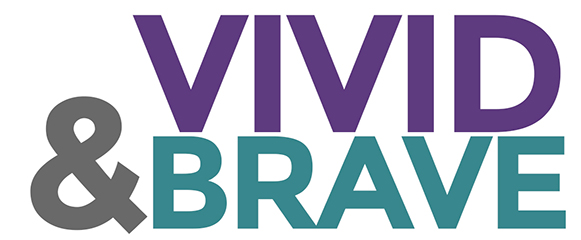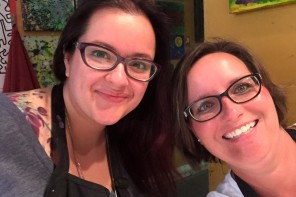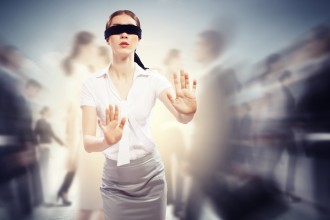Over the last couple of days, I’ve been involved in a few conversations about wealth, poverty, and the vast inbetween that exists, and in those, I noticed something that has been poking at my brain ever since.
It’s always bothered me, and it comes up a lot, especially on social media, where we’re in a constant state of comparing our lives to the lives of those around us, and many have been accused of sharing too rosy a picture, while others are scolded for constant negativity. (Pro tip: Do whatever makes you happy, because someone is always gonna have an issue with it, no matter what.)
Last year, the battery in my iPhone took the dive off the cliff that most iPhone batteries do, and I had an appointment at the Genius Bar. I got into line at Starbucks and quickly realized that the length of the line was going to make me late for my appointment. The #firstworldproblem factor struck me as hilarious as I quickly texted it to a friend. “This Starbucks line is so long I’m gonna be late for my appointment at the Church of Jobs. #firstworldproblems” I’ve always used it as a way to poke fun at myself. To indicate my awareness that yes, there are far far worse things in the world that could happen to me, but isn’t this sort of amusing?I didn’t think anyone really thought I felt a great deal of stress, worry or woe over being late for my appointment to fix my phone because I also need a caffeine fix.
Then something shifted. I’ve noticed people using #firstworldproblems as a way to diminish the struggles of others. A first world problem is, by it’s very nature, one you’re lucky to have, right? And while I agree that it’s a good thing to try to give yourself a bit of that perspective, sometimes, you just want to express a frustration, struggle or feeling and have others hear you, instead of having them remind you that someone else, someone whose life you don’t have to live, has it worse. We shouldn’t have to book end our own sense of struggle, no matter with what, with a disclaimer that we know there are starving children in Africa.
The who has it worse game is awful anyways. Who wins that game? The “winner” of that game has a crappier life than everyone else. Yay? Why do we insist on this process of trying to prove to others that the things they struggle with – their very real experiences, good, bad, right or wrong – are no big deal?
Now, those who know me know it’s pretty rare I’ll validate excuses. If you’re using your first world problem to avoid doing the real work of improving things for yourself, or seeing the blessings in your every day, or so you can stand in the victim’s position, I will call you out. Usually pretty fast. But your struggling with it is no more or less valid because I say so. Only you can decide if the thing you are struggling with is as real as you’ve made it feel. And ultimately, it’s unlikely that your circumstance is changed, improved or worsened based on the fact that someone, somewhere, has it worse than you do. Perspective is a tool in a much bigger tool box we can use to overcome our obstacles, but it’s not the only one.
Stephanie Ostermann
I’m a communicator. That’s a PC way of saying I like to talk, but I also spend a lot of my time listening, and over the years, I’ve developed a sense for subtext – how one or two words can change your entire message, what people are really trying to say and how to weave the varied layers of your story into one cohesive brand message that your clients fall in love with.
When I'm not acting as editor in chief for Vivid & Brave, you can find me geeking out over words here.
Latest posts by Stephanie Ostermann (see all)
- Inventing Insecurities | No, I Don’t “Need” Eye Cream - February 24, 2017
- You Don’t Have to Be Friends With Your Ex (Or His New Wife) - November 23, 2016
- Grief & Landlines - September 20, 2016




